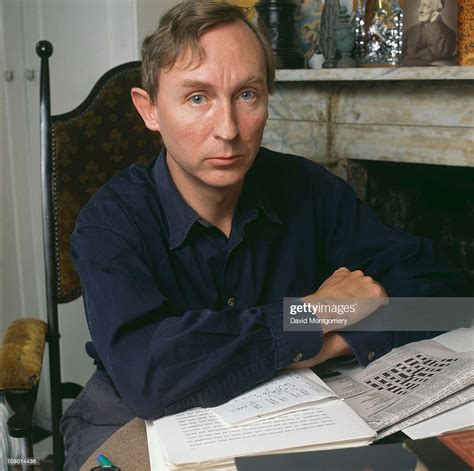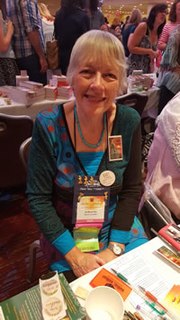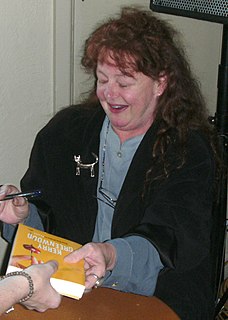A Quote by A. N. Wilson
If you imagine writing 1,000 words a day, which most journalists do, that would be a very long book a year. I don't manage nearly that... but I have published slightly too much recently.
Related Quotes
If you interrupt the writing of fast narrative with too much introspection and self-criticism, you will be lucky if you write 500 words a day and you will be disgusted with them into the bargain. By following my formula, you write 2,000 words a day and you aren’t disgusted with them until the book is finished, which will be in about six weeks.
About a year after (my stories began being published), magazine editor George Scithers, suggested to me that since I was so new at being published, I must be very close to what I had to learn to move from fooling around with writing to actually producing professional stories. There are a lot of aspiring writers out there who would like to know just that. Write that book.SFWW-I is that book. It's the book I was looking for when I first started writing fiction.
I would change very little because I have been very, very fortunate. A lot of things fell into place for me simply by happenstance. When that happens you don't really want to change anything, even if you could. Editorially my regrets are few and for the most part minor. I look back on my first published book and think I held on to it too long, babied it too long.
Some people manage their writing by saying, 'I need to get 2,000 words written today,' others by saying, 'I will write for X hours.' Not me. I start with a plan for the book, break it down into scenes, and I know what scenes need to get written each day. If the scene takes more words than I thought, so be it.
When I was first writing 'Feed' - which was the first book I published as Mira - I talked about it very openly on my blog, on Twitter, that I was writing this book, and it wasn't until after it was sold that I said 'Mira Grant' wrote this book. And the reason there was really purely marketing-based.
What a wee little part of a person's life are his acts and his words! His real life is led in his head, and is known to none but himself. All day long, the mill of his brain is grinding, and his thoughts, not those of other things, are his history. These are his life, and they are not written. Everyday would make a whole book of 80,000 words -- 365 books a year. Biographies are but the clothes and buttons of the man -- the biography of the man himself cannot be written.
I have to write three books a year to make a reasonable living out of writing - unless, of course, she gets a major American film deal. Phryne has been optioned since the very first book, but to make a historical TV movie, it costs $30,000 a day extra for the historical detail to be correct, so most people aren't doing it.
I'm still happy with the way Einstein's Dreams came out. That book came out of a single inspiration. I really felt like I was not creating the words, that I was hearing the words. That someone else was speaking the words to me and I was just writing them down. It was a very strange experience. That can happen with a short book. I don't think it could happen with a long book.



































